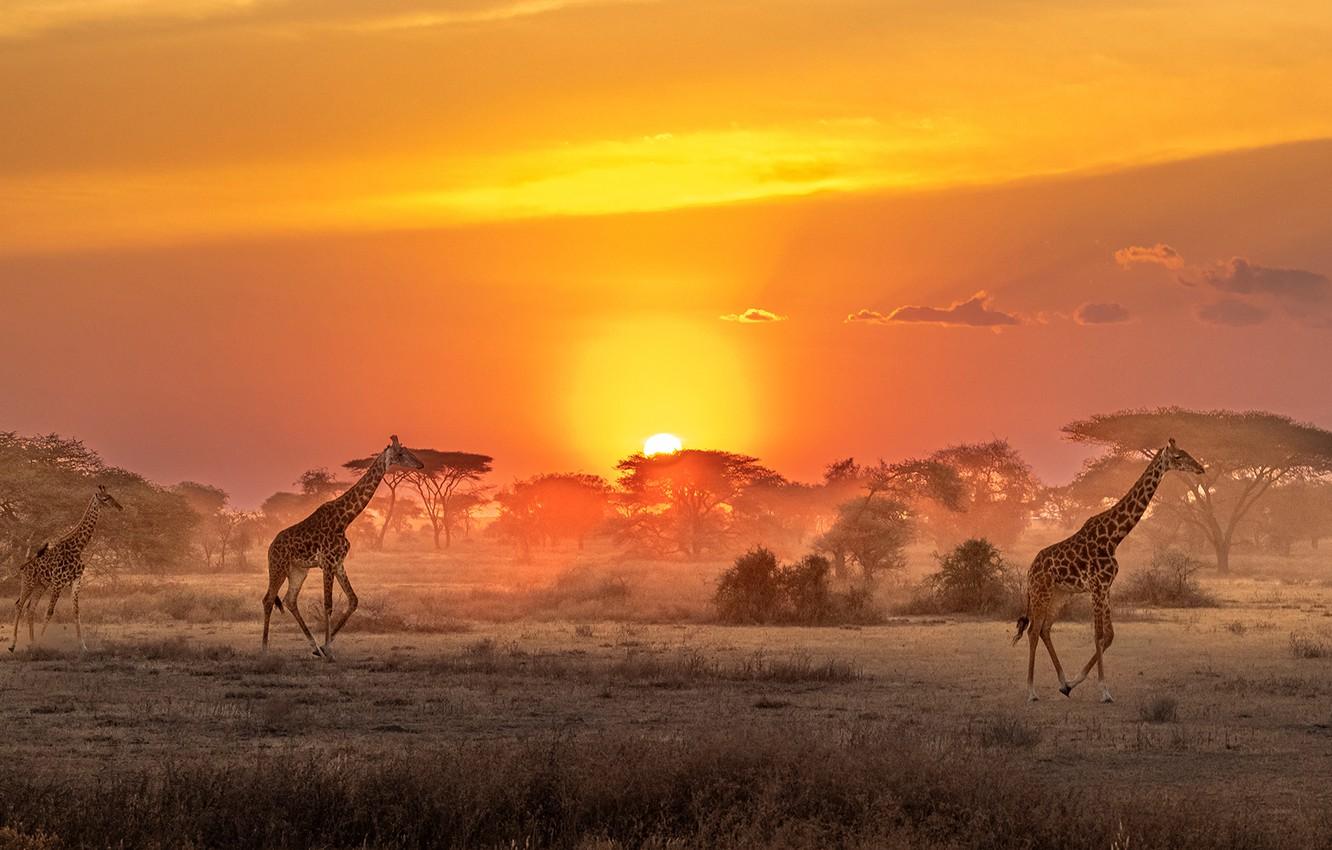Africa-Press – Sierra-Leone. The upcoming Commonwealth Business Forum, which will be held on the side-lines of the Commonwealth Heads of Government in Kigali, provides the golden opportunity for Africa to present the importance of its natural capital in ensuring sustainable business continuity.
There is no question that Africa needs to develop to meet the needs of its people. And Africa’s need for economic development is non-negotiable.
But there is an urgent need for us to recognise that most of Africa’s wealth is above the ground.
When it comes to Africa’s natural resource wealth, people are quick to think about minerals or subsoil assets. However, a closer look shows, mineral wealth is concentrated in a few countries – four countries—Nigeria, South Africa, Democratic Republic of Congo, and Angola—accounting for 80 per cent of the mineral wealth.
The value of the wilderness and rangelands combined comes to 33 per cent of Africa’s natural capital and 48 per cent excluding the four mineral-rich countries.
Africa’s development pathway, therefore, should be underpinned by the reality that our lives and economies are embedded in nature and biodiversity and ecosystems services.
The truth of matter is Africa still loses 35,000 elephants annually; the most trafficked mammal in the world is African – pangolin – over a million annually. Lions are half the population – in my lifetime. Increasingly, fewer Africans pay much attention to their wildlife heritage. We have pretty much outsourced the responsibilities to our heritage to international NGOs and foreign governments.
So how do we change this?
Africa can do better with long-term plans and commitments, political will, leadership, and right (correct) partners.
African governments must stop pursuing economic strategies that seem to chase the western economic models. Because of our majority youthful population composition – 70% of sub-Saharan Africa under the age of 30, rather than “build back better”, we can simply choose a better path from the start.
To achieve the African model – we are going to need some surprising alliances that bring different sectors together – and African budgets and finance plans today need to reflect this trajectory. There’s got to be an African model that mainstreams biodiversity into our development plans. Increasing and maintaining investments in protected and conserved areas is necessary for our economic prosperity.
As it stands, Africa is at an unprecedented economic, ecological, and cultural tipping point for either sustainable development or the type of development investment that the western world and China did for centuries and are now spending billions to correct.
We have incredible value in our natural resources that can be realised in non- extractive ways due to the changes in how business is being done these days.
The big take away from this wealth accounting data for Africa is that we have overvalued minerals, and by the same token undervalued nature.
The natural habitat, by contrast, is a renewable resource.
We must stop discounting nature and instead focus and prioritise financing protected areas and conservation areas as they are natural infrastructure.
Africa has it all, but proper planning with business, government and communities in the room is key…setting priorities about what natural infrastructure is critical, the desired growth scenario and then the type of investment needed.
Therefore, it goes without saying that African leaders need to make transformational choices that focus on how we can line up the development goal blueprints and marshal the various interests they represent in a way that ensures wildlife, like lions or elephants, have a future in modern Africa.
We have no time to waste to ensure that wildlife and wildlands have a positive place in these decisions and plans, and to guarantee that place, they need to meaningfully contribute to growth – to the prosperity of African people.
The next decade is critical. The decisions being made every day are compromising this potential to do conservation differently than the rest of the world – we must act together now.
This next decade will be the tipping point – let’s make sure we tip it the right way, towards the future I know we all want for our children, and theirs.
Governments at every level must be part of driving green growth across Africa. What will be left of our environment are going to be determined by the decisions that we make on future energy sources for our industries, means of transport for our people, how we urbanise, food sources and agriculture methods, girl child education.
Our role as a continent in sustainable development is very vital. Hence why we must take a step back and re-evaluate our role in embracing sustainable development for the future of our beloved continent.
Therefore, nature represents the last places to provide essential ecosystem goods and services necessary for current and future development and human well-being to which Africa now aspires.
The wealth in the commonwealth group is above ground so let us do all we can to safeguard them for the future of Africa and our future generations.
For More News And Analysis About Sierra-Leone Follow Africa-Press






